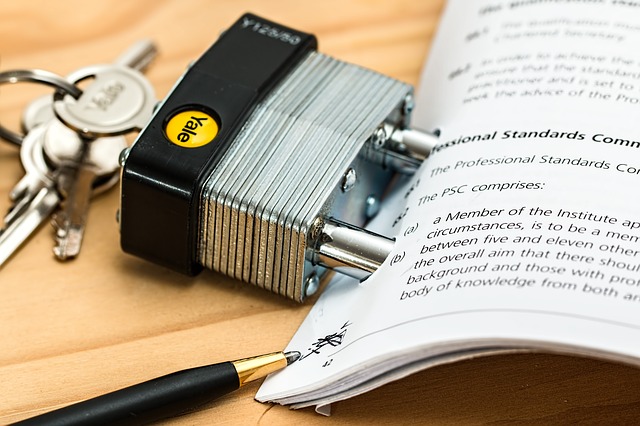Contrary to what is usually thought, making a will is a relatively easy and deeply important gesture. Not only does it allow you to protect your loved ones, but it also offers you the opportunity to include one or more NGOs to continue building a better world in the future.
To Be Able To Do It, There Are Two Basic Requirements:
 Being older than 14 years old.
Being older than 14 years old.
Be in full possession of the faculties at the time of the execution of the will. The document will be valid if it is made by a person who was capable at the time of granting it, but then loses his mental faculties.
In the case of special testaments, given their exceptional nature, the possibilities of doing so are very circumstantial and limited. For the rest, there are certain formal requirements that accompany each of the different modalities.
Open Testament:
If it is done before a notary, as a testator you must go to the Notary with the national identity document, necessary to identify yourself. After this requirement, we must express the last will, that is, explain to the notary how we want to distribute our goods. If you have thought you would like to collaborate with the cause that has moved you during your life, you can choose one or several non-profit entities as heirs, respecting the part that would correspond to your loved ones, or donating part of your assets to the organization that you have chosen
We can do it in the way that suits us according to the law, in writing or orally, with the simple condition that is done by the testator himself.
With the data and reviews provided to the notary, he will draft the will adjusting it to the legal formalities. Once drafted, the notary will read the document. If as a testator you agree, you would sign it, expressing your agreement.
The open will is the most frequent and safest type of testament, since during the writing, the notary can clarify all the doubts as a testator and avoid problems that may arise a posteriori.
Closed Will:
It is the type of common testament that unites the secrecy of the holographic will and the advantages of the open will. The testator must go to the notary, but after identifying himself, he only has to deliver to the Notary the envelope containing the will, indicating if it is written in handwriting or with mechanical means. For this modality, in the event that you chose to include a non-profit entity in your will, you should write it together with the rest of your wills. The notary would draw up the minutes of the delivery and then read the minutes, which the notary would sign and you as the testator. The notary will not know in any case the content of the will.
Holographic Testament:
The Civil Code requires that the holographic will be written in its entirety by the testator and signed by him, including the date (day, month and year) in which it is written. This will is not considered valid if it is typed or with a computer, or if it is written by another person. It must be written on paper and with a pen (not with pencil or other tools that can be erased) with the usual letter and signature, without erasures or writing between lines. …
…
